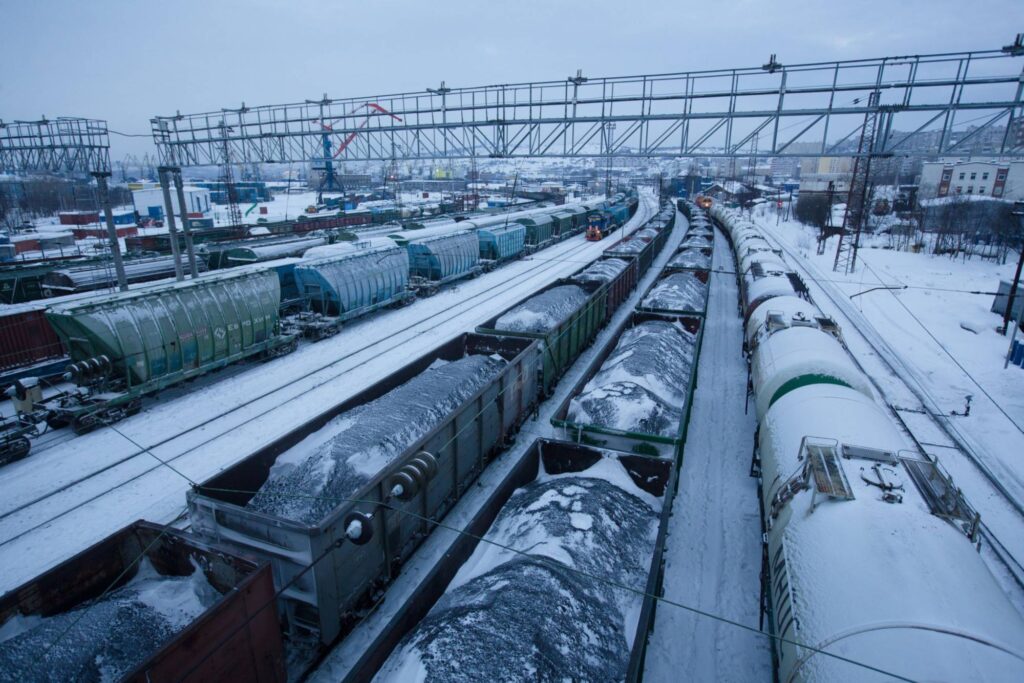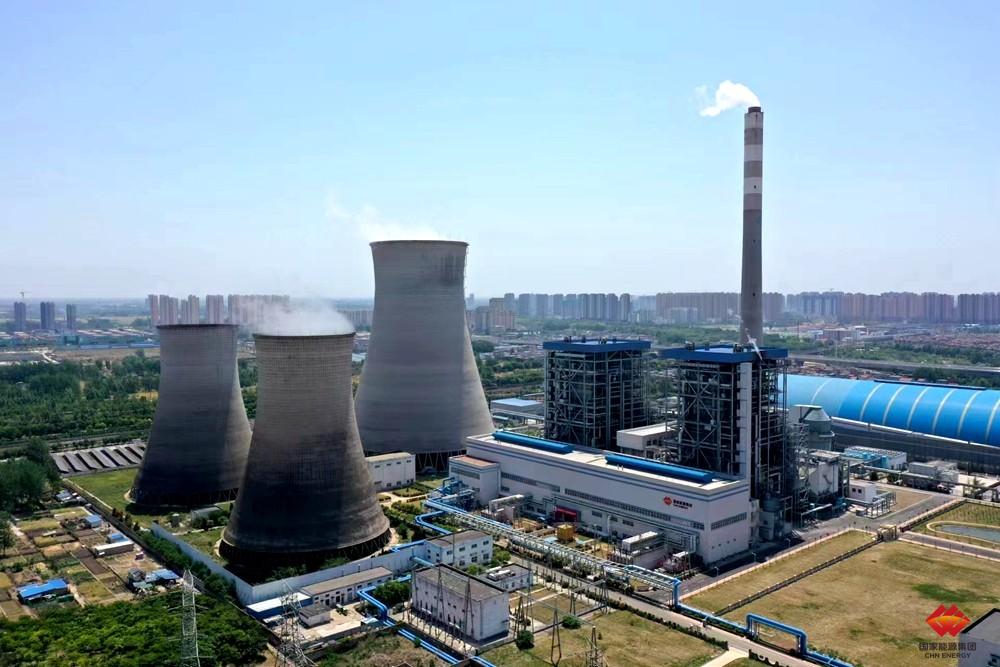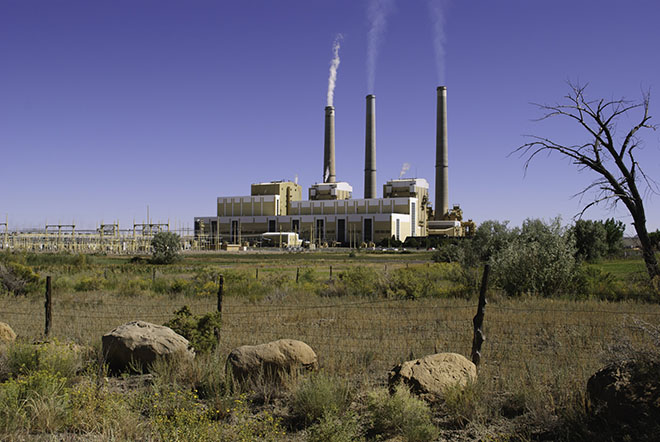
*Shipments to India fall on subdued demand, higher domestic production
*Exports drop on supply constraints, subdued demand from major Asian buyers
Indonesian thermal coal exports dropped by 11% m-o-m to 30.07 million tonnes (mnt) in January 2024 as against 33.63 mnt in December 2023. However, exports increased by 24% y-o-y to 30.07 mnt in January 2024 as against 24.47 mnt in January 2023. Indonesian thermal coal exports dropped due to subdued demand from major countries such as India, pending approval of production quotas of Indonesian mines until mid-January causing a coal shortage, and rainfall in many areas of Indonesia.
Pending approval of production quotas
Indonesian miners have struggled to obtain approval for their production quotas for 2024-2026. Many Indonesian producers have waited a long time for the government’s approval for their production quotas for 2024. Without these approvals, miners are unable to produce or sell coal. Due to the rejection of production quotas for 150 miners in mid-January 2024, many producers were operating at only 50% of their production capacity. Delays in obtaining approvals for this year’s production quotas have raised concerns, as potential supply constraints have impacted Indonesia’s thermal coal production and exports in January 2024. Production quotas for 200 miners in Indonesia had been approved on 19 January, 2024, while 110 miners are still waiting for approval.
Weather challenges
The two major coal-producing regions in Indonesia, Kalimantan and Sumatra experienced a drop in coal production in January, 2024 amid weather challenges. Kalimantan’s production decreased by 4% to 16.24 mnt, while Sumatra witnessed a drop of 48% to 2.03 mnt as against 3.93 mnt in December 2023. Persistent rains in Sumatra and Kalimantan disrupted production at mines and loading operations at many ports. Several miners were unable to make offers as they had to reduce their output by 20%-40% due to rains. The continuous rainfall caused loading issues in Indonesia, leading some mines to temporarily halt operations.
Subdued demand from major importing countries
Exports from Indonesia to India dropped by 30% to 6.56 mnt in January, 2024. Demand from India remained subdued due to increased domestic coal supply and a comfortable level of stocks at power plants. Firm domestic supply continued to fulfill local demand, with power plants reported to be operating with comfortable levels of coal stocks. India’s robust domestic production continued to exert pressure on Indonesian coal exports.
Shipments to China remained almost stable at 10.37 mnt in January 2024. Demand from China in the spot market has remained weak following the New Year celebrations, likely due to higher temperatures compared to the previous year.
Country- wise thermal coal exports
Indonesia’s exports to India dropped by 30% m-o-m to 6.56 mnt in January, 2024 as against 9.37 mnt in December, 2023. Shipments to China remained stable m-o-m to 10.37 mnt in January 2024 as against 10.12 mnt in December 2023.

Exports to South Korea increased by 43% to 3.07 mnt in January 2024 as against 2.15 mnt in December 2023. The significant rise in Indonesia’s coal exports to Korea can be attributed to its rapidly expanding power needs. Exports to the Philippines dropped by 14% at 1.92 mnt in January 2024 as against 2.23 mnt in December 2023.
Port-wise exports
Exports from Taboneo remained stable to 4.94 mnt in January 2024 as against 4.96 mnt in December 2023. Shipments from Muara Jawa increased by more than two-fold at 3.24 mnt in January, 2024 as against 1.11 mnt in December, 2023. Supplies from Tanjung Bara and Samarinda fell by 12% and 50%, respectively, in January, 2024.

Outlook
Exports of Indonesia’s thermal coal may decline due to tepid demand. Demand from Indian buyers has remained subdued due to available stock at ports and high domestic production. Demand from China in the spot market is unlikely to improve after the Lunar New Year celebrations, as the Chinese Environment Department forecasted higher temperatures compared to last year.









